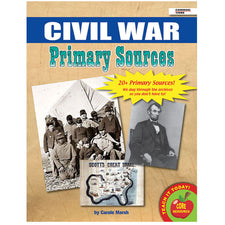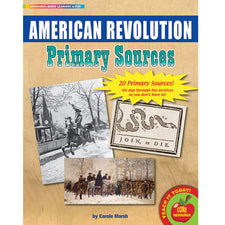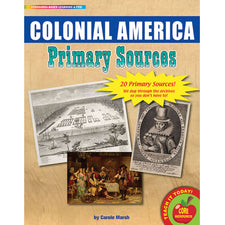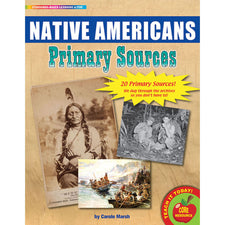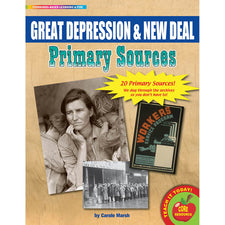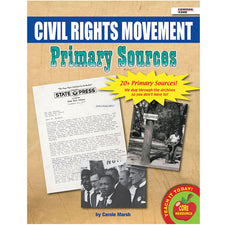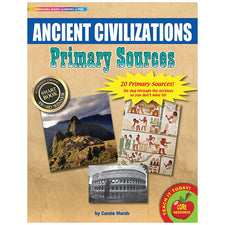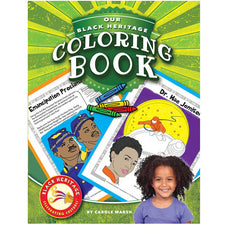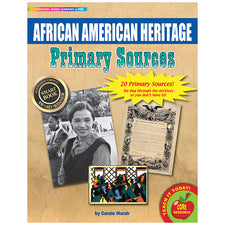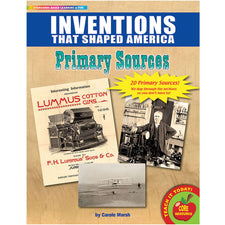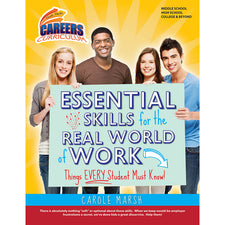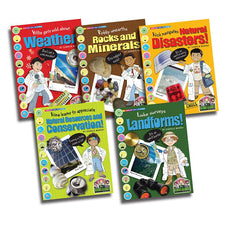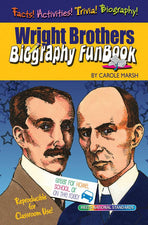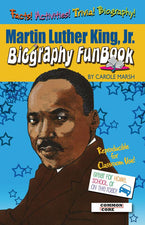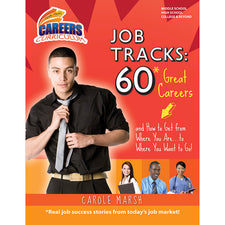Product Description
Students participate in active learning by creating their own interpretations of history using historical documents. Students make observations, generate questions, organize information and ideas, think analytically, write persuasively or informatively, and cite evidence to support their opinion, hypotheses, and conclusions. Students learn how to integrate and evaluate information to deepen their understanding of historical events. As a result, students experience a more relevant and meaningful learning experience.
The Inventions That Shaped America Primary Sources is a pack of 20 primary source that are printed on sturdy 8.5" X 11" card stock. Perfect for gallery walks and literature circles! Great research and reference materials!
The 20 Inventions That Shaped America Primary Sources are:
- The cotton gin - 1794
- Illustration (1869) published in Harper's Weekly of the "First Cotton Gin" produced around 1800
- Illustration of Robert Fulton's steamboat the Clermont - ca. 1810
- The telegraph, pioneered by Samuel Morse in the 1830s and 1840s
- Illustration of Cyrus McCormick's mechanical reaper in 1884, first patented in 1848
- Photograph of the completion of the first transcontinental railroad at Promontory Point, Utah - 1869
- Entry in Alexander Graham Bell's journal, describing an experiment - 1876
- Patent drawing for the telephone (1876) and various reactions to the invention
- Advertisement for Joseph Glidden's Barbed Wire - late 1800s
- Photograph of Thomas Edison with his invention, the phonograph - 1878
- Thomas Edison's incandescent light bulb - 1880
- Photograph of the Wright brothers' first powered, controlled, sustained flight at Kitty Hawk, North Carolina - December 17, 1903
- Telegraph message from Orville Wright to his father - 1903
- Advertisement for an early version of the refrigerator - 1905
- Henry Ford's assembly line production process, introduced in 1913
- Rubber store advertisement - early 1900s
- Advertisement for penicillin production from Life magazine - 1944
- Advertisement for an experimental television broadcasting in New York City by RCA in 1939
- The World-Wide Web, developed in the 1960s and 1970s
- Microsoft co-founders Paul Allen and Bill Gates pose with personal computers of the day - 1981


